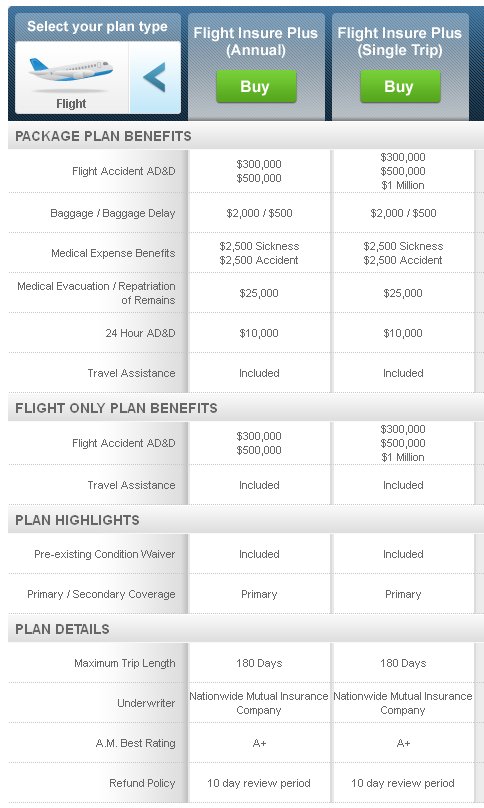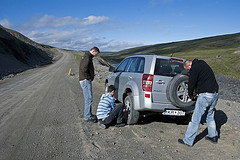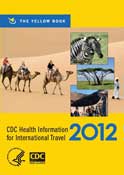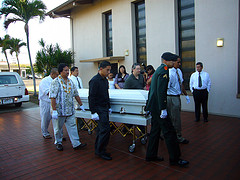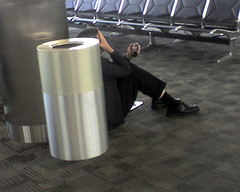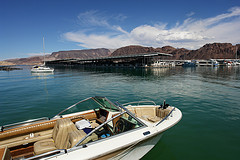 The water is irresistible in the summer – getting in it, floating on it, skimming across it. Simply irresistible. Yet every year, there are boating accidents on the lakes, rivers, oceans and bayous of this country. In fact, in 2010, the Coast Guard counted 4,604 boating accidents involving 672 deaths, 3,153 injuries and approximately $35.5 million dollars worth of property damage due to recreational boating alone.
The water is irresistible in the summer – getting in it, floating on it, skimming across it. Simply irresistible. Yet every year, there are boating accidents on the lakes, rivers, oceans and bayous of this country. In fact, in 2010, the Coast Guard counted 4,604 boating accidents involving 672 deaths, 3,153 injuries and approximately $35.5 million dollars worth of property damage due to recreational boating alone.
Here are some more statistics from the Coast Guard’s 2010 Recreational Boating Statistics report:
- Alcohol use is the leading contributing factor in fatal boating accident and the leading factor in 19% of boating deaths.
- 8 out of every 10 boaters who drowned were using boats less than 21 feet in length.
- 21 children under age 13 lost their lives while boating in 2010 – 42% dies from drowning.
- The most common types of vessels involved in accidents were open motorboats (46%), personal watercraft (20%), and cabin motorboats (14%).
So, to make sure we all have a safe boating season, let’s take a moment to reflect on some common and necessary boat safety precautions from the Boating Safety Resource Center:
- Have a cell phone and/or a marine VHF radio and know how to use it. The cell phone is the easiest – if you have a signal – but a marine radio can be used to communicate with rescue services and local officials. The frequency range is 156 to 174 MHz. The Coast Guard monitors Channel 16 at 156.8 MHz and it’s reserved for emergencies.
- Insist on life jackets for every person in the boat and ensure that each is properly sized for the wearer (no adult-sized life jacket will help a squirming two year old). Note this fact: three fourths of the fatal boating accidents drown and 88 percent of those were reported as not waring a life jackets. Life jackets are the equivalent of your vehicle’s safety belt, and you wouldn’t drive without everyone safely buckled up, would you?
- Never operate a boat while drinking. The effect of the boat’s movement, excess sun and wind, can further impair your ability to safely operate a boat while drinking. It’s as serious as driving while under the influence (DUI) and has a similar moniker – BUI, or boating while under the influence. The consequences of BUI are similarly severe and may include sever fines along with loss of license.


